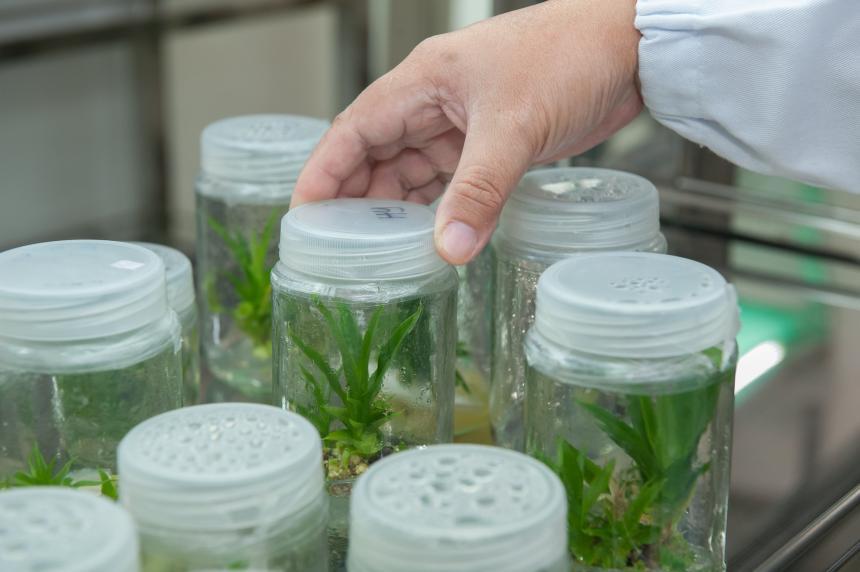Casual clothing chain Uniqlo plans to do away with plastic in shopping bags and product packaging, switching to paper and biodegradable plastic alternatives at its 2,000 stores around the world.
Japan-based parent Fast Retailing has begun testing materials, taking into account their cost and impact on the environment. While the company is bracing for an increase in expenses, it is continuing research and development of new methods that will bring down costs.
"Sustainability is the biggest challenge for all types of companies," Tadashi Yanai, CEO of Fast Retailing, has told his team.
Investors and consumers are increasingly supportive of companies that are environmentally friendly, and Yanai is keen to push the company in that direction. Whether products and services are "ethical" is a major factor for younger consumers in their 20s and 30s. The market for ethical consumption grew to 81.3 billion pounds ($103 billion) in the U.K. in 2016, an 80% increase from 2010.
Uniqlo provides shoppers with hundreds of millions of bags each year. The bulk of its global stores, including the 830 in Japan, use plastic bags, although locations in select markets like Europe have switched to paper bags out of environmental considerations.
"Higher costs are not an excuse for inaction if we aim to be an industry leader," said a company representative.
Plastic packaging of signature products such as Heattech undergarments, which Uniqlo sells 100 million units of a year, is also being re-examined. Consumer feedback and other factors will be considered in coming up with a date for a full-fledged switch.
Spanish clothing company Inditex, which owns the Zara brand, plans to eliminate plastic bags and go all paper in Japan starting in 2019. Sweden's H&M Hennes & Mauritz in November said it was switching to paper bags in Japan, and would charge for them.

